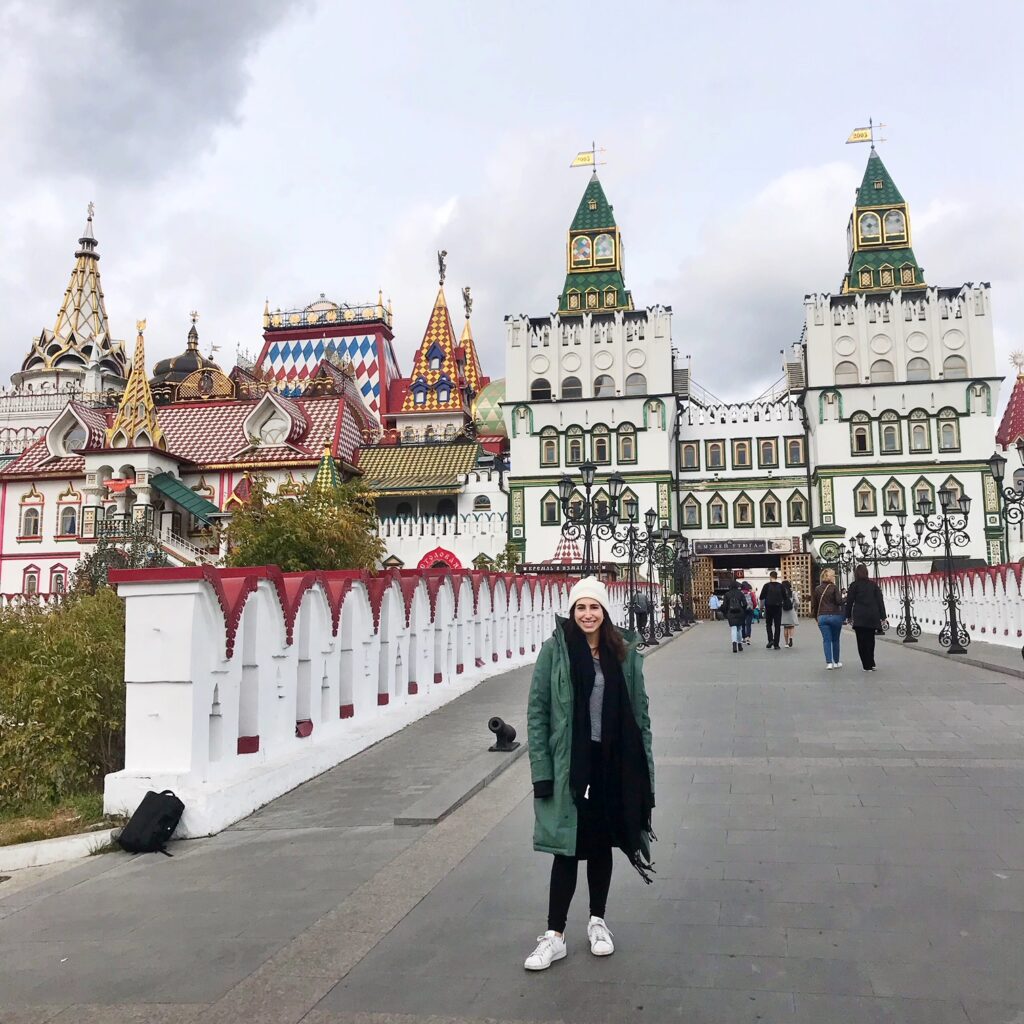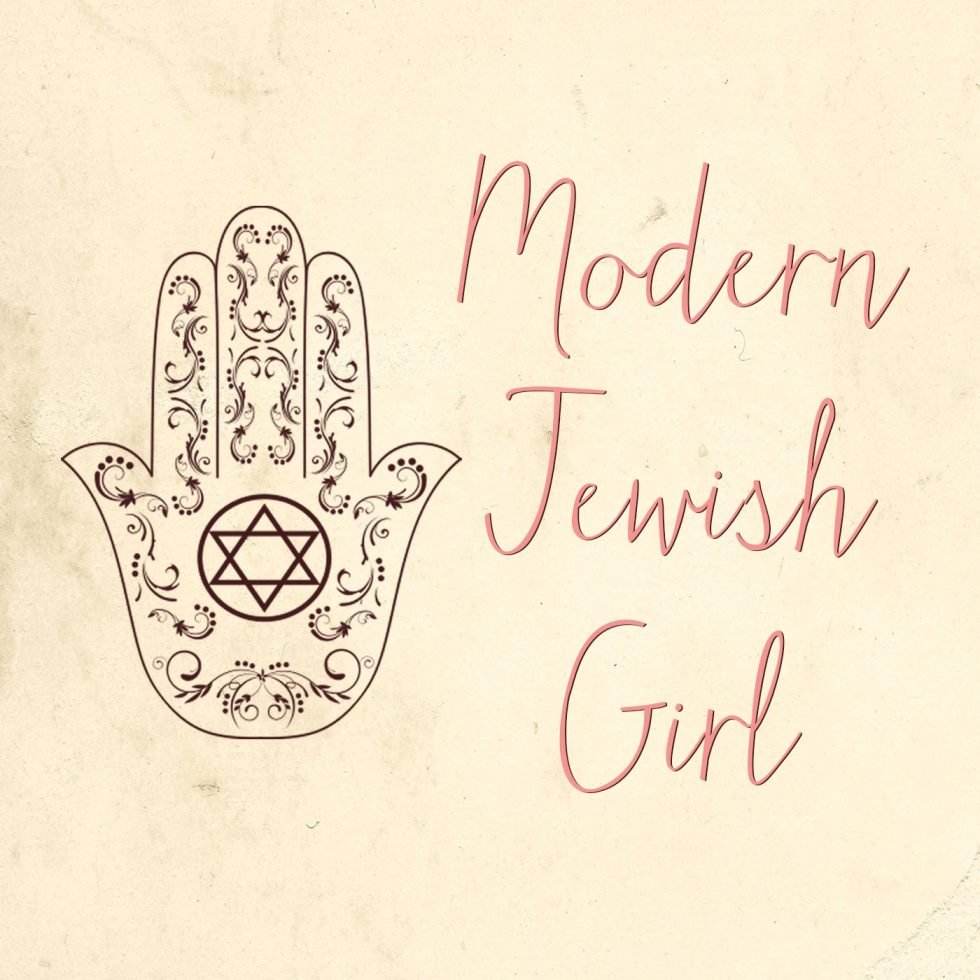On Tisha B’Av, there is a lot of pressure to feel sad. For some, this mourning comes naturally, but for those where it doesn’t, guilt can creep in and become the mainstay of the day when you’re trying so hard to get into the zone.
This year, I banished the guilt. I decided I wouldn’t force myself to cry if it didn’t come. I wouldn’t try to impose anything on my emotions that was decided by my intellect. I would just be, connect in a way that felt authentic as it came and take that as an honest and true experience — the exact one I was meant to have.
I realized through this that the idea of “forcing” myself to feel a certain way was why I dreaded Tisha B’Av so much in the first place. I had to be in a specific headspace even if I wasn’t connecting to it. The truth is, it is hard for us to connect to losing the Temples and not having one today. As so many have said, we just don’t know what we’re even missing.
In some shiurim (Torah classes) I listened to or posts I read, the speaker or writer suggested channeling the pain into a yearning you do have. Are you waiting to get married? To have a baby? To fix a relationship? To heal a broken heart? We’re all yearning for something. For me, I realized, that’s going home.
When I first moved to Moscow, Russia, three years ago, it was pretty difficult, to say the least. On one particularly bad night early on, I was arguing with my husband (after being married for a mere three months and having just landed in a completely foreign country) and cried to him, saying, “I want to go home,” with such disdain and agony in my voice, as he was the one who brought me here.
The pain of being in a place where I couldn’t be me was too much to bear. I was outside my comfort zone both in the apartment we were staying in (one that was not mine), with a brand-new husband (who I had just casually committed my life to), and in the outside world. I couldn’t speak the language, didn’t know how to get around or how to ask and didn’t know another soul to call “friend.” I didn’t know how to buy kosher food, or where to go or even how to start, just to name a few basic struggles.
The contrast of being an independent woman in New York City with a job, friends and a whole life to being dependent on a new husband in a country where I felt like an alien every time I stepped outdoors was a shift I wouldn’t have known how to prepare myself for.
“Despite all the good, I still yearn for home.”
Now, three years later, I’ve been blessed with a lot — a warm Jewish community that showed me around and took me in (and has given me the opportunity to give back to), a really good friend who became a guardian angel when I needed it desperately, and time away from the world to build a strong relationship with my husband, with a solid foundation for our marriage to stand on.
Yet, despite all the good, I still yearn for home. I want to be back in a country where I speak the language — where I can just walk outside and feel like I belong. A place where I don’t get stares while trying to speak broken Russian, a place where I can be independent — and do such “simple things” as making my own appointments and not being afraid to get stuck somewhere where I can’t communicate.
That I realized, was the same type of yearning I needed to have on Tisha B’Av. I’m here in Moscow, yearning for home, while at the same time, we as a Jewish people are yearning for ours.

We’re stuck on the outside, ostracized by so much anti-Semitism and a larger world that isn’t standing up for us. We struggle to defend Israel, a nation that only wants to protect itself — an idea which no one else seems to comprehend. We’re struck with tragedy after tragedy — from the catastrophe at Meron to the building collapse at Surfside — and nothing makes sense. We have no reasons, no answers. We’re just left to sit and ask, “Why, Hashem?”
We won’t see redemption or feel better until we have our Beis Hamikdash, our Temple, which is meant to be the home of the Jewish people. We won’t be okay until Moshiach comes, and the world can see clearly, and we can know what it feels like to have Hashem truly close to us.
As I sit here and yearn to go home, I know that moving back to America is only a momentary respite. Even there, where I can speak the language, order groceries and see friends, I’ll still have the feeling that something is missing. Until the Temple gets rebuilt, we are still living in exile and don’t have a true Jewish home.
While I’ve made my apartment here in Moscow mine, it still feels temporary. I know this is how our world is meant to feel as well. This isn’t the be-all and end-all. There is something more, something we’re still missing. We won’t have it until Moshiach comes and we can have a place where Hashem can truly dwell.
In the meantime, and in my hope of doing my part, I just want to look at all my Jewish brothers and sisters with more love. We need a place to put our pain, and the best thing we can do is turn it into positive action. The Temple isn’t rebuilt because we’re still struggling with baseless hatred. Instead of judging others, it’s important to remember that everyone is grappling with something, doing their best, and trying to find their place in this world without their ultimate Home.
Please G-d, next year, we can be rejoicing in it.









